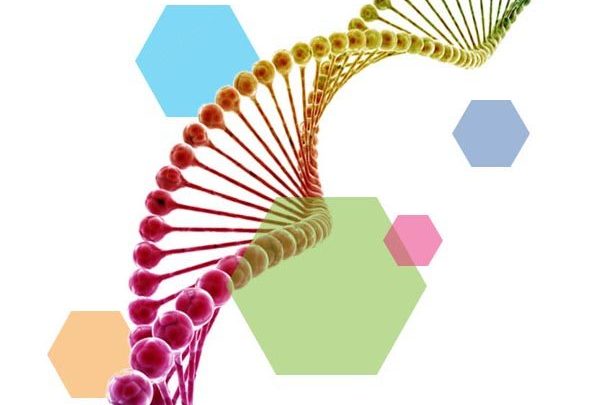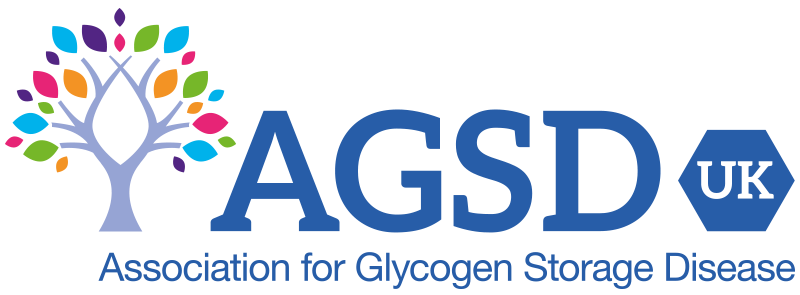The enzyme glycogen synthase is needed for the body to make glycogen. There are liver and muscle types of GSD0, both are inherited in the autosomal recessoive pattern.
Liver type
A fault in the GYS2 gene results in very low amounts of glycogen stored in the liver. A person between meals can develop very low blood sugar levels, known as hypoglycemia. Early in infancy children usually have no symptoms. The hypoglycemia typically develops once night feeding stops. Before breakfast children may have drowsiness, look pale, have vomiting, fatigue and sometimes convulsions. If a GP investigates a child lacking energy, hypoglycemia is often discovered through morning urine samples.
Muscle type
A fault in the GYS1 gene results in very low amounts of glycogen stored in the skeletal muscles. This muscle type is extremely rare and little is known about it.

| Other names |
Glycogen synthase deficiency
|
|
| Affected |
Liver and muscle types
|
|
| Inheritance | Autosomal recessive | |
| Incidence |
Less than 1 in 1,000,000
|
|
| UK diagnosed | Under 20 (UK diagnosed explained) | |
| Liver type | Muscle type | |
| Symptoms |
Before breakfast drowsiness, tiredness, looking pale, vomiting. |
Exercise intolerance |
| Secondary symptoms |
Quick to tire, muscle cramps |
Muscle cramps, rhabdomyolysis |
| Treatment |
Regular snacks, cornstarch to reduce overnight hypoglycemia. |
No proven treatment |
| Outlook |
Good with adherence to recommended feeding. |
Good with avoidance of anaerobic activity |
How can we help?
Diagnosis & Follow up
Incidence, Diagnosis, Treatment
Information & Support
Support, Coordinator, Publications, GSD and Me web site, Links
Activity & Exercise
Nothing available in this section yet.
Research & Development
Joining a trial
Read some personal stories
Do you have an interesting personal story to tell? Just message us or visit the Notes for contributors.
All GSDs pulling together makes us all stronger.











